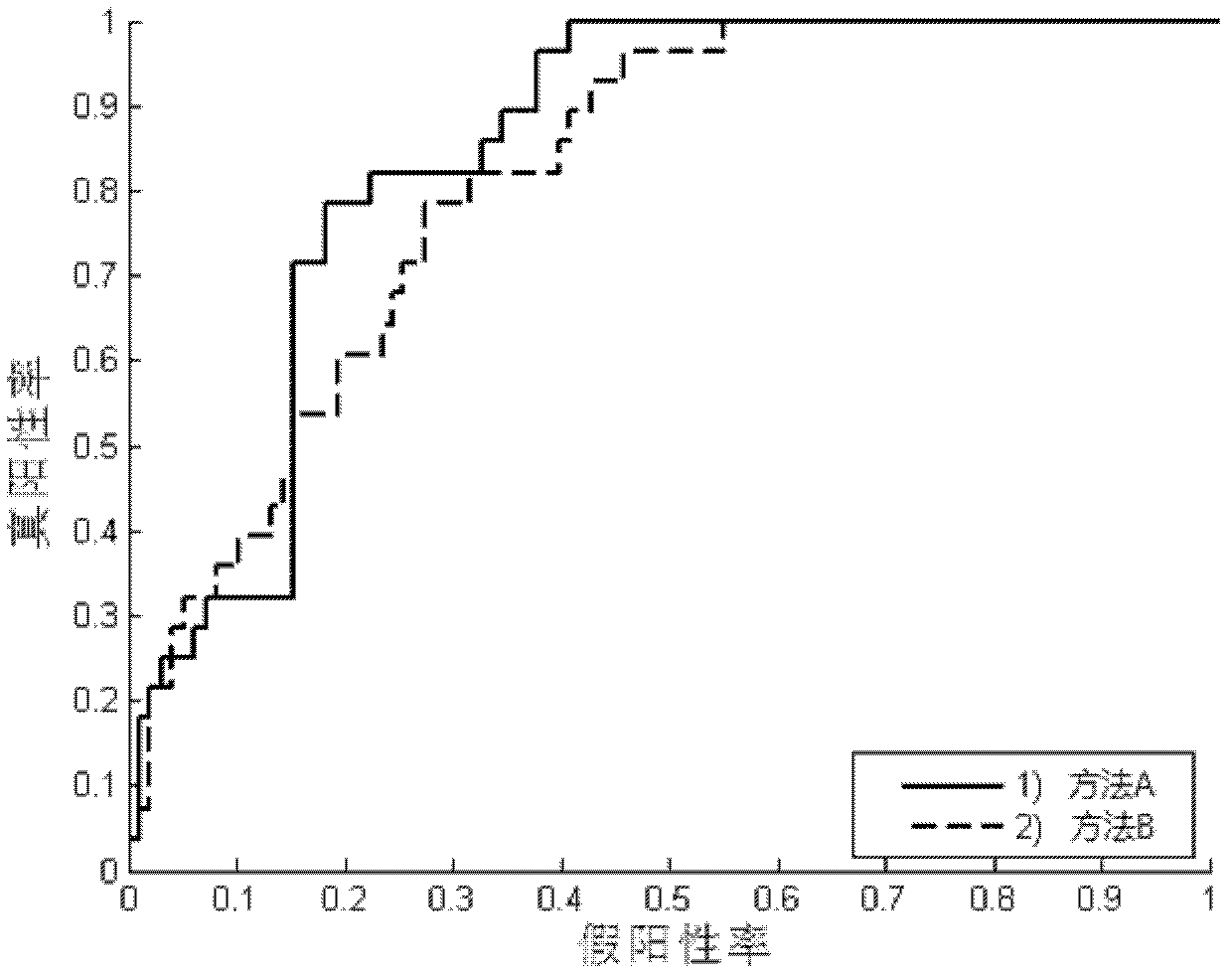Brain functional magnetic resonance image classification method based on complex network
A magnetic resonance image and complex network technology, applied in the field of image processing, can solve problems such as unreasonable assumptions and degradation of classification performance, and achieve the effect of improving accuracy and stability and accurate classification
- Summary
- Abstract
- Description
- Claims
- Application Information
AI Technical Summary
Problems solved by technology
Method used
Image
Examples
Embodiment Construction
[0019] In order to make the object, technical solution and advantages of the present invention clearer, the present invention will be described in further detail below in conjunction with specific embodiments and with reference to the accompanying drawings.
[0020] Functional magnetic resonance image classification based on complex networks is a new classification method for functional magnetic resonance images of brain. The method first establishes a complex brain network model, and calculates the characteristic path length and clustering degree of the brain network to represent different image patterns; then uses the characteristic path length and clustering degree to train an adaptive boost (adaboost) classifier; finally The test sample image is classified by using the trained adaptive boosting (adaboost) classifier.
[0021] refer to figure 1 According to a method for classifying human brain fMRI images according to the present invention, the category of the test sample ...
PUM
 Login to View More
Login to View More Abstract
Description
Claims
Application Information
 Login to View More
Login to View More - R&D
- Intellectual Property
- Life Sciences
- Materials
- Tech Scout
- Unparalleled Data Quality
- Higher Quality Content
- 60% Fewer Hallucinations
Browse by: Latest US Patents, China's latest patents, Technical Efficacy Thesaurus, Application Domain, Technology Topic, Popular Technical Reports.
© 2025 PatSnap. All rights reserved.Legal|Privacy policy|Modern Slavery Act Transparency Statement|Sitemap|About US| Contact US: help@patsnap.com



